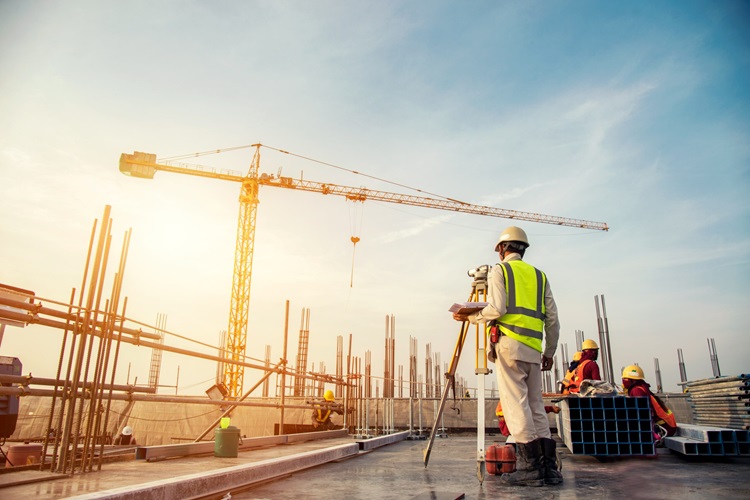
India’s real estate sector is rife with unapproved and illegal construction scams, which can lead to financial loss and legal issues for unsuspecting buyers. These scams occur when developers construct properties without proper approvals or violate building regulations. Buyers often remain unaware of the illegal status of the property until it’s too late, facing penalties, demolitions, or inability to register their property. Here’s how these scams work and how you can protect yourself.
1. Understanding Unapproved Construction
Unapproved construction refers to buildings or projects that are constructed without the necessary approvals from local authorities. In India, every construction project must obtain permissions from multiple agencies, including municipal corporations, fire departments, and environmental bodies. However, many developers bypass these legal requirements to save time and costs, selling illegal structures to buyers.
Common issues in unapproved constructions include:
- Building without land conversion approvals (for agricultural land being used for residential purposes)
- Exceeding the permitted Floor Area Ratio (FAR) or building beyond the approved number of floors
- Ignoring safety and environmental norms
- Constructing on government land or in restricted zones
2. Illegal Construction Scams
Illegal construction scams involve developers or builders constructing properties that violate building codes or bypass safety standards. Some developers construct additional floors or wings beyond what was approved by authorities, selling these illegally built units to unaware buyers. These constructions are at risk of being demolished by local authorities, leaving buyers with heavy financial losses.
Another scam involves selling properties built on encroached land, such as government-owned land, forest areas, or land meant for public use. Buyers may later find themselves in legal battles with government bodies or local residents, unable to claim ownership or sell the property.
3. Recognizing the Red Flags
Here are some warning signs that a construction project may be unapproved or illegal:
- Lack of Clear Documentation: If the developer cannot provide necessary approvals, building plans, or property title documents, it’s a red flag. Always ask for detailed legal paperwork, including the title deed, approved building plans, and land conversion certificates.
- Offers of Steep Discounts: Projects offering suspiciously low prices or heavy discounts may indicate that the developer is cutting corners or operating illegally. If the price is too good to be true, take a step back and investigate further.
- Non-RERA-Registered Projects: RERA (Real Estate Regulatory Authority) registration is mandatory for most real estate projects in India. If a project is not RERA-registered, it may be violating legal norms or have approval issues. Always check the RERA website for project details.
- Incomplete or Hasty Construction: Illegal projects often show signs of rushed construction with poor materials and substandard building practices. Be cautious if the construction quality is low or if the developer is pushing for quick sales without proper inspections.
4. Legal Consequences of Buying Unapproved Property
Buying an unapproved or illegally constructed property can have severe legal and financial repercussions. Local authorities can issue demolition orders, forcing buyers to vacate the property. Additionally, buyers may face heavy fines, litigation, or difficulty obtaining bank loans for unapproved properties. In some cases, buyers may be unable to register the property in their name, rendering their investment worthless.
5. How to Protect Yourself
- Verify All Approvals: Before purchasing any property, verify that the developer has obtained all necessary approvals. Check the building plan, land title, environmental clearance, and other permits with the local municipal authority.
- Check RERA Registration: Always verify if the project is registered under RERA. This gives you a level of legal protection and ensures the developer is following building norms.
- Hire a Legal Professional: Consulting a real estate lawyer can help you avoid pitfalls. A lawyer can review all legal documents and verify that the property has proper approvals and is free from disputes.
- Inspect the Property: Visit the construction site and ask for a tour. Look for any signs of illegal construction or deviations from approved plans. Speak to local residents and inquire about the project’s reputation and past issues.
Conclusion
Unapproved and illegal construction scams pose serious risks to property buyers in India. By being aware of the red flags and taking proactive steps—like verifying documents, checking RERA registration, and consulting legal professionals—you can avoid falling victim to these scams and ensure a safe investment in real estate.
